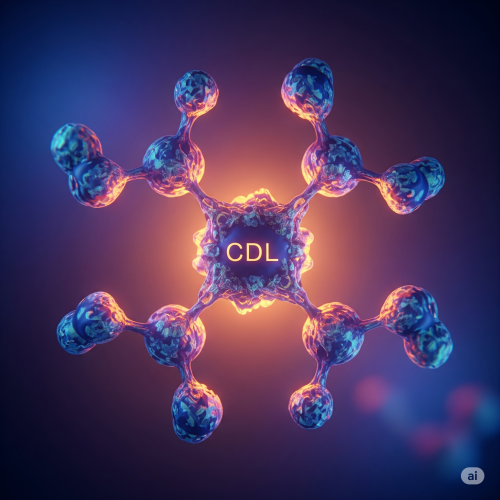CBD has a lot of assumptions surrounding its existence. The not-so-mysterious drug, however, is rather misunderstood. And, beliefs like “CBD is addictive” and “CBD causes horrible side effects” are just two of the hundreds of assumptions that people tend to have. Below are just a few answers to the many questions surrounding CBD.
1. CBD is addictive.
No, CBD is not addictive. As stated in “5 More Questions About CBD,” CBD is a cannabinoid of cannabis and is considered to be a “soft drug.” Soft drug addiction is based on behavior rather than the physical addictability of a drug. Nicotine is, for example, a substance that makes the user physically dependent. Physical dependence makes someone feel as though they need the drug to survive. Behavioral dependence makes someone feel as though they want the drug because it makes them feel better in some way.
As far as psychological effects go, CBD cannot cause any “high” or psychedelic effects alone. However, THC, another popular cannabinoid of cannabis, can.
2. All CBD has THC in it capable of causing mind-altering effects.
When the process of isolating CBD from its cannabis origin is done without care, CBD can become contaminated with improperly separated THC. It is in cases such as those that this myth sprouts.
CBD isolate is the purest form of CBD. So, if the goal is to have the best chance of a consistent, neutral reaction to CBD, isolate is the safest option.
♦ Interested in high-quality edibles and merchandise? Check out the FGE shop and FGE Etsy Store ♦
The cannabis plant has over a hundred different cannabinoids that can be extracted. To learn a little more about the different types of cannabis compounds, check out “The Cannabis Plant Puzzle: the Individual Cannabinoid Pieces.“
3. CBD is illegal in the United States.
Right now, some states view CBD as a substance as bad as cannabis. Hemp-based CBD is legal in most states, while marijuana-based CBD is not. Medical use for CBD is, however, widely accepted.
Regardless, CBD restrictions are still relatively tight in certain states, and CBD must have little to no THC within it. And, even more specifically, some states only allow CBD to be used for very specific medical conditions. Only a doctor can prescribe the usage and dosage of CBD, in such cases.
4. CBD causes horrible side effects.
According to the CDC, CBD’s most common side effects include liver damage, sleepiness, changes in appetite, and irritability. The CDC recommends that CBD not be taken with other drugs, by children, or during pregnancy. However, keep in mind that CBD is sometimes sold without regard to the consumer’s best interests. CBD can be tainted and contaminated with THC and other chemicals of the cannabis plant. By beginning at a low dosage and staying at the lowest dosage necessary, CBD is just as safe as any other OTC medication.
To put the side effects more into perspective, many other drugs have the very same warnings. Some examples include IBprophen, Acetaminophen, and some natural supplements such as green tea extract.
5. CBD is a new discovery and not much is known about it.
As mentioned in “History of CBD,” CBD was discovered in 1940 by Roger Adams, an organic chemist. However, CBD itself has been a part of cannabis since the first discovery of the plant.
Hemp has been used as a building and binding material for thousands of years. And, medicinally, cannabis has been used for thousands of years to treat pain and ease mental distress by many ancient civilizations.
CBD may have been extracted less than a hundred years ago, but many schools and clinics have done studies since then to ensure CBD is safe to use and ingest.
No one is to know how long the stigma of CBD will exist. But, hopefully, this article will help educate those who are still convinced that CBD is as “evil” as cannabis or marijuana.
The information provided within this blog is intended for general informational purposes only and should not be construed as professional advice. We cannot guarantee the accuracy, completeness, or timeliness of the content presented here. Any actions or decisions you make based on this information are at your own risk. We advise consulting with qualified professionals if you require personalized advice. The opinions expressed here do not necessarily represent the views of all contributors or the organization behind the blog. We are not responsible for any errors or omissions, nor for any damages resulting from your use of this blog. By using this blog, you agree to these terms.






